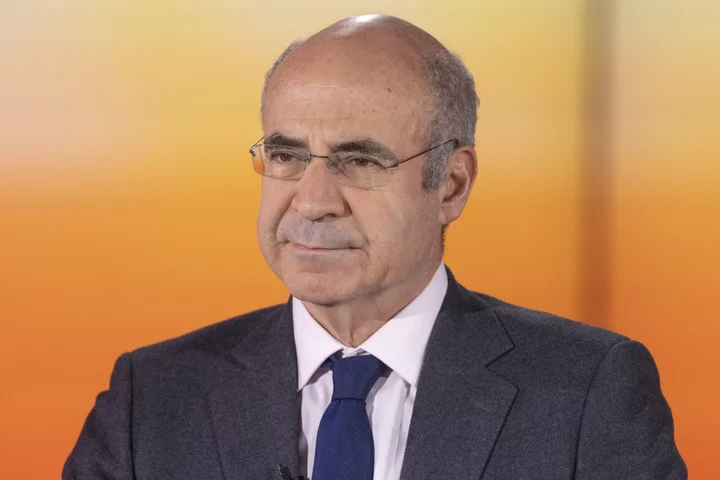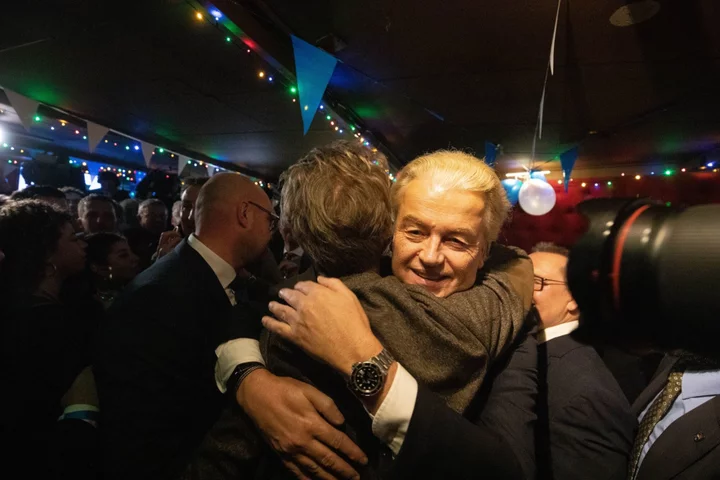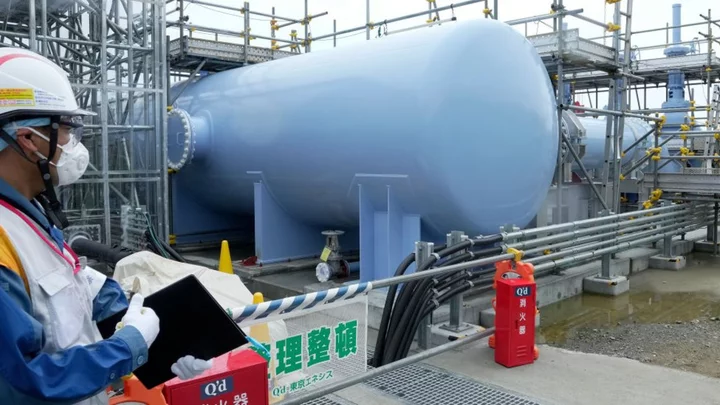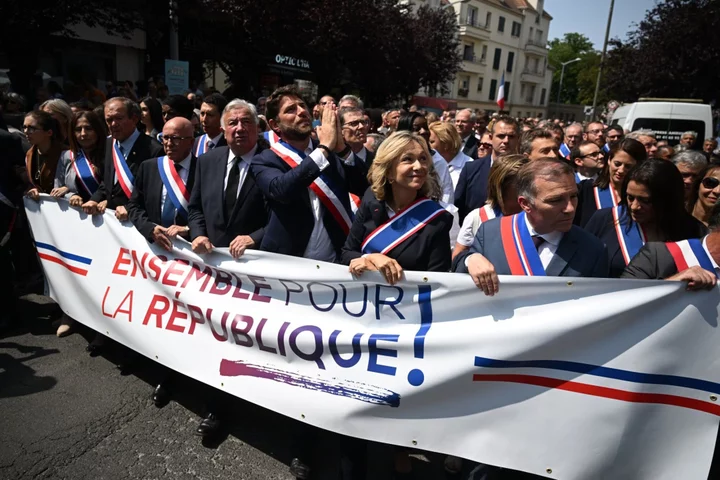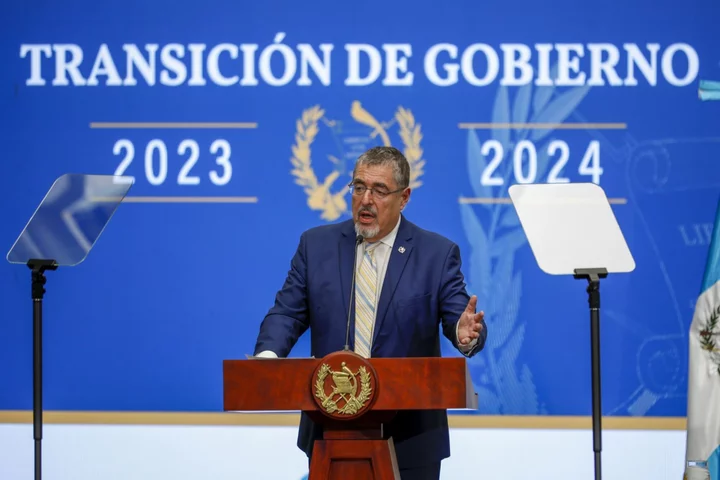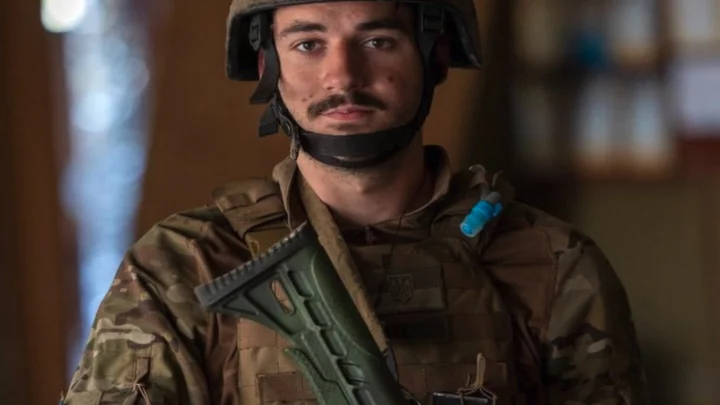Russian President Vladimir Putin’s plan to travel to China demonstrates a confidence that his authority is stronger than ever after the death of mercenary leader Yevgeny Prigozhin, said investor and long-time Russia watcher Bill Browder.
Prigozhin, Putin’s long-time ally and the head of the Wagner Group, “was clearly a threat to his role and his power, and somebody who made him very weak and humiliated,” Browder said Tuesday in an interview on Bloomberg Television’s “Balance of Power.”
The Russian president’s visit to China for the Belt and Road forum in October is “all part of his expression of pride and power,” added Browder, the chief executive officer and co-founder of Hermitage Capital Management and a staunch Putin critic.
Russian investigators on Sunday confirmed Prigozhin’s death, along with several other passengers, after the Embraer SA Legacy 600 private jet they were aboard crashed northwest of Moscow. Speculation about Putin having a hand in the incident continues even as the Kremlin has denied that he played any role.
Earlier: Putin Agrees to Visit China in First Trip Since Arrest Warrant
Prigozhin, after months of increasingly strident criticism of Russian military leaders over missteps in the war in Ukraine, led a failed revolt in June that threatened Putin’s decades-long grip on the country. Following the plane crash, the Russian president said on state television that he’d known Prigozhin a long time and considered him a “talented businessman,” but one who’d “made serious mistakes in life.”
Kremlin spokesman Dmitry Peskov told journalists Tuesday that Putin would not attend Prigozhin’s funeral.
“Wagner, I believe, will now slowly and quickly disintegrate,” Browder said in the BTV interview. “Whoever was in Wagner, if they’re not being rounded up by Putin for being disloyal, then they might be absorbed into the Russian military or they may disappear into the criminal ether as many of them came from originally.”
Earlier: Putin to Skip Funeral of Wagner’s Prigozhin, Kremlin Says
Browder ran one of the largest foreign portfolio investors in Russia for several years before being targeted by the government there. The death of his lawyer, Sergei Magnitsky, while in Russian custody inspired him to push for legislation that would combat human-rights abuses through sanctions.
The Magnitsky Act was signed into law by President Barack Obama in 2012 and broadened in 2016.
Browder said sanctions on Russia, many of which were imposed after the invasion of Ukraine, were effective, despite Putin’s assertions of the opposite, and that the West needs to continue the economic pressure.
“Putin and all of the rest of the Russian government want you to believe that the sanctions aren’t working,” he added. “That’s just simply not true.”
--With assistance from Annmarie Hordern and Joe Mathieu.

